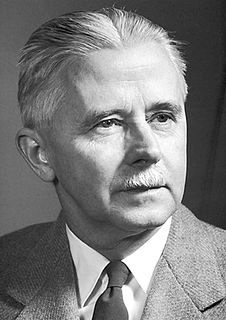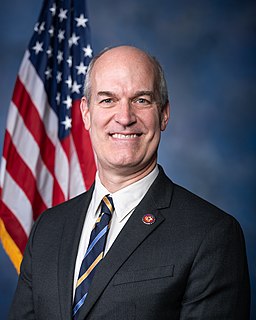A Quote by David Rockefeller
Populists and isolationists ignore the tangible benefits that have resulted from our active international role during the past half-century.
Related Quotes
An imbecile habit has arisen in modern controversy of saying that such and such a creed can be held in one age but cannot be held in another. Some dogma, we are told, was credible in the twelfth century, but is not credible in the twentieth. You might as well say that a certain philosophy can be believed on Mondays, but cannot be believed on Tuesdays. You might as well say of a view of the cosmos that it was suitable to half-past three, but not suitable to half-past four. What a man can believe depends upon his philosophy, not upon the clock or the century.
The inaction of the international community towards Guatemala is injustifiable. The community should play an active role with concrete measures and sanctions imposed, as was the case in South Africa, Iraq, Yugoslavia, Cuba and Haiti. Why for us no? Why legalize death in one place and somewhere else no? This is clear in our memories.
Some might complain that nuclear disarmament is little more than a dream. But that ignores the very tangible benefits disarmament would bring for all humankind. Its success would strengthen international peace and security. It would free up vast and much-needed resources for social and economic development. It would advance the rule of law.



































